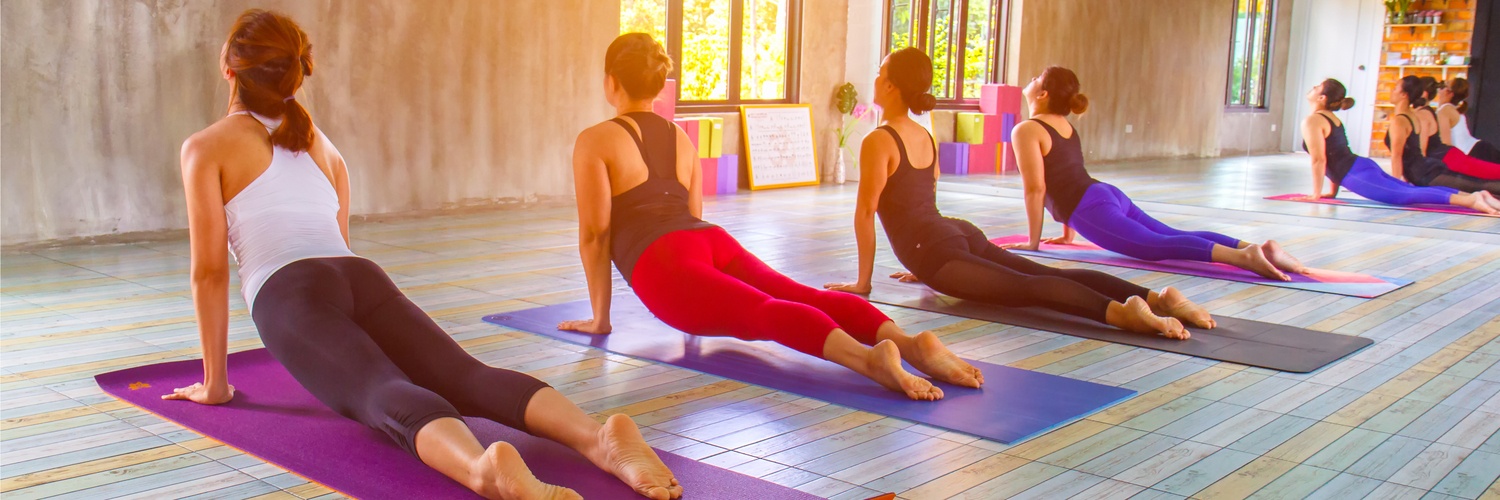What Coverages Do Yoga Policies Include?
Yoga policies offer different coverages, because yoga teachers and studios have different insurance needs. A beginner yoga instructor in Springfield, MA and a large studio in Boston, MA, for example, are different businesses that each require a unique insurance solution.
Most yoga teacher insurance policies primarily offer liability coverages. Liability coverages generally protect policyholders against lawsuits that hold the policyholder responsible for property damage or personal injury. There are two main liability coverages that a yoga teacher policy may include:
- Participant Liability Coverage, which typically covers certain injuries that students, employees and volunteers sustain while participating in a yoga activity
Yoga studios, because they own or lease property, usually need additional protections. Along with the coverages that many yoga teacher insurance policies have, a yoga studio insurance policy might also contain:
- Bodily Injury Liability, which often covers certain injuries that students and non-employees sustain while at a studio but not actively practicing yoga
- Premises Liability, which usually covers other injuries that students and non-employees sustain while on a studio's property
- Commercial Property Coverage, which may be used to protect a studio’s building and its equipment
Yoga teachers often don’t need these extra liability coverages, because the owner of the property is usually responsible for any injuries that occur while someone is on the property but not practicing yoga (always check to make sure that the owner of the property has proper coverage to better know how to shape your own policy).
Some yoga teacher insurance policies include commercial property coverage, as it can be used to insure equipment. Most teachers, however, don’t have a significant need for this coverage, because they don’t own a lot of expensive equipment. Yoga mats, wedges, and exercise balls may not be cheap, but they aren’t exactly expensive. Even if several yoga mats are stolen, their value may not add up to a commercial property coverage’s deductible, and the protection would be of minimal help. Therefore, many teachers opt to self-insure the equipment they use in their classes (the exact coverages that yoga policies include vary from policy to policy).

Who in Massachusetts Needs Yoga Insurance?
Generally speaking, yoga teachers who are self-employed and yoga studios in Massachusetts ought to have their own yoga policy. Teachers who are employees of a studio may be covered under the studio’s policy and, therefore, not need to buy their own insurance. Teachers who run their own business, though, won’t be covered by another business’ insurance policy, so they should get their own yoga teachers insurance policy.
(In most cases, teachers who receive a W2 when it’s tax time from a yoga studio are employees of that studio. Teachers who bill students themselves or receive a 1099 at year’s end typically aren't employees.)
How Can Massachusetts Yoga Teachers and Studios Get Insurance?
For help assessing their particular risk exposure and insurance needs, yoga teachers and studios should contact an independent insurance agent who has worked with other yoga professionals in Massachusetts. An agent can help a teacher or studio decide what coverages they should look for in a policy, and find a yoga insurance policy that provides those coverages.








